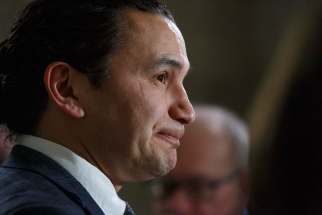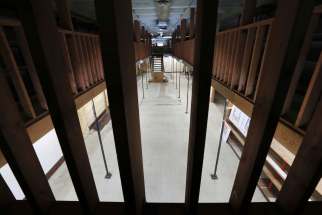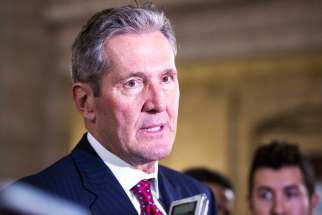Pallister ‘speculection’ may backfire
Read this article for free:
or
Already have an account? Log in here »
To continue reading, please subscribe:
Monthly Digital Subscription
$0 for the first 4 weeks*
- Enjoy unlimited reading on winnipegfreepress.com
- Read the E-Edition, our digital replica newspaper
- Access News Break, our award-winning app
- Play interactive puzzles
*No charge for 4 weeks then price increases to the regular rate of $19.00 plus GST every four weeks. Offer available to new and qualified returning subscribers only. Cancel any time.
Monthly Digital Subscription
$4.75/week*
- Enjoy unlimited reading on winnipegfreepress.com
- Read the E-Edition, our digital replica newspaper
- Access News Break, our award-winning app
- Play interactive puzzles
*Billed as $19 plus GST every four weeks. Cancel any time.
To continue reading, please subscribe:
Add Free Press access to your Brandon Sun subscription for only an additional
$1 for the first 4 weeks*
*Your next subscription payment will increase by $1.00 and you will be charged $16.99 plus GST for four weeks. After four weeks, your payment will increase to $23.99 plus GST every four weeks.
Read unlimited articles for free today:
or
Already have an account? Log in here »
Hey there, time traveller!
This article was published 12/04/2019 (2433 days ago), so information in it may no longer be current.
The track record of provincial governments that call snap elections is not good.
In 1990, Ontario premier David Peterson had an approval rating of 54 per cent and called an early election, hoping to extend his mandate with another majority government. Accused of being arrogant and avoiding a forthcoming economic recession, Bob Rae and the NDP stunned everyone on election night and took power.
More recently in Alberta, premier Jim Prentice called a snap election in 2015 after 44 years of seemingly invincible Progressive Conservative rule. Less than a month later, NDP Leader Rachel Notley was premier and Prentice was forced to resign.
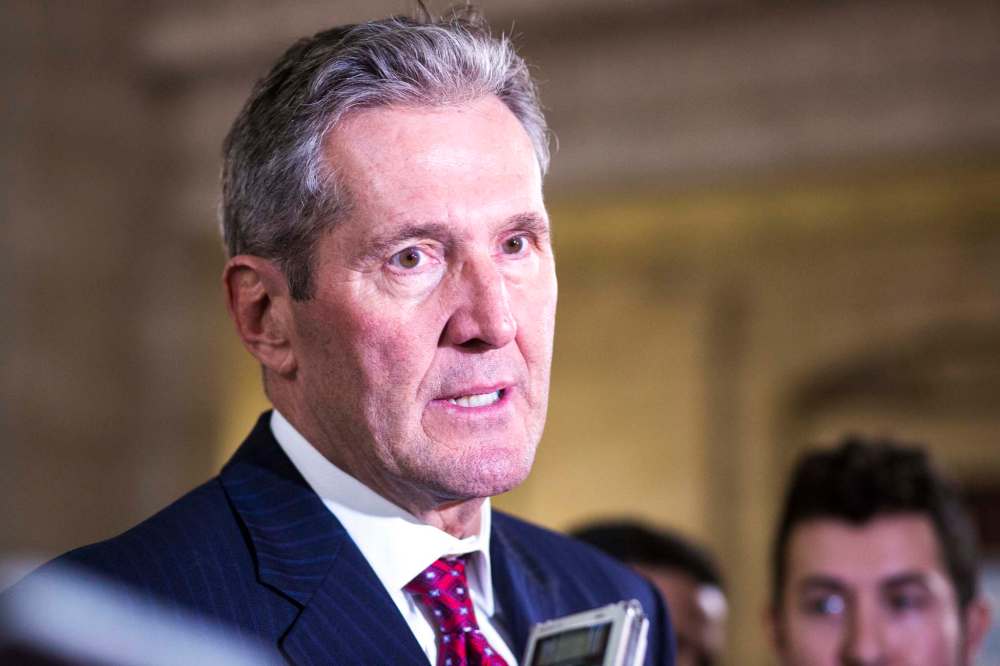
Looking at the road ahead, there are obvious political reasons why Premier Brian Pallister is eager to go to Manitoba voters for another mandate. He thinks he can win another majority as polls show his Progressive Conservatives have nearly 60 per cent support in rural Manitoba, are polling well in Winnipeg, and have a decent economic record after slashing government spending and fulfilling their major electoral promise: the cut of one percentage point in the provincial sales tax.
Pallister is riding high and not afraid to show it, dropping hints of a snap election to anyone who will listen.
But nearly everyone is telling him not to do it.
Winnipeg Mayor Brian Bowman says an early election would be a “disservice to voters.” The mayor has publicly criticized the premier over infrastructure money, even going on morning radio to tell citizens to question their MLAs’ commitment to the city with “every pothole you hit.”
Progressive Conservative MLAs in Winnipeg — especially those facing criticism over emergency room closures and cancelled infrastructure projects — are privately telling Pallister not to go to the polls. Farmers and citizens soon to be hit by flooding costs this spring are also telling him not to do it.
Finally, after weeks of what he called his “speculection,” Pallister said in a CBC interview aired Friday that he isn’t planning on calling a provincial election before July 1.
If Pallister’s true motivation is to encourage Manitobans not to mix partying and politics — he initially said he wouldn’t want the campaign of the fixed election date of Oct. 6, 2020, to interfere with Manitoba’s 150th anniversary celebrations in 2020 — then holding an early election in the summer is hypocritical.
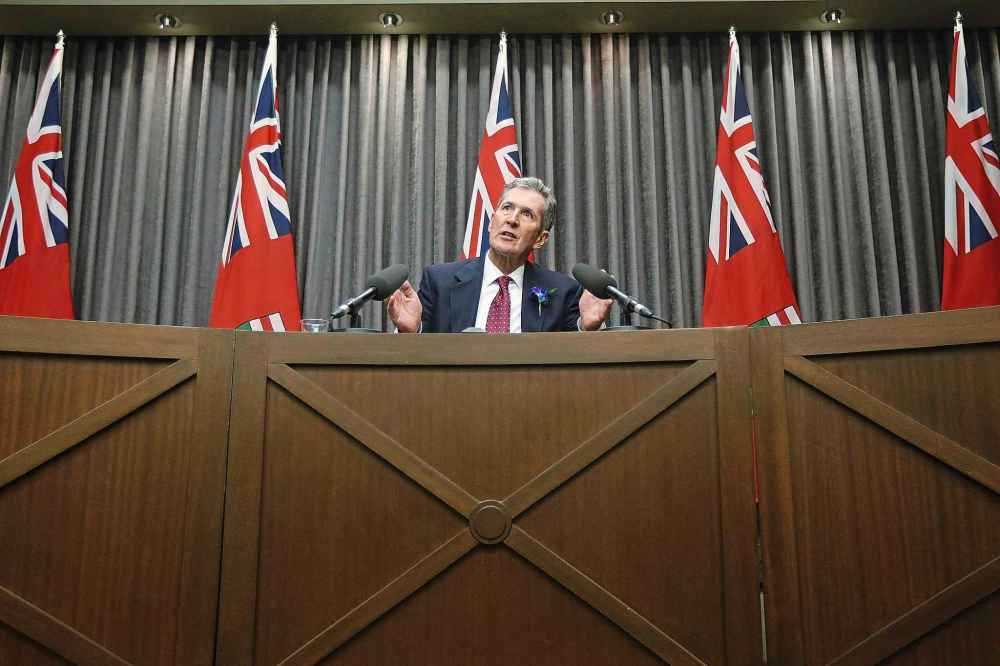
The musing about an early election may be a sign of a premier going in one direction and a party, province and everyone else going in another. It’s more likely, however, that this election threat is not a matter of seizing opportunity but avoiding danger.
With austerity cuts yet to be felt and an economic slowdown possible for Manitoba — not to mention the loss of $325 million to provincial coffers because of the PST cut — it may be that whatever losses Pallister might suffer in 2019 are mild compared to the potential political disaster he may experience in a 2020 election.
What appears to be arrogance and dysfunction could be just the old-fashioned strategy of getting ahead of bad news.
The problem, of course, is that Pallister’s “speculection” has a domino effect.
The NDP and Liberals are rushing nomination meetings and focusing their energy on fundraising and organizing instead of just holding the government to account. Meanwhile, important issues like Manitoba’s conflict with the federal government over the carbon tax or fish stocks in Lake Winnipeg, are given less attention or overlooked.
This political game-playing has real costs and may not pay off for Pallister in the end.




